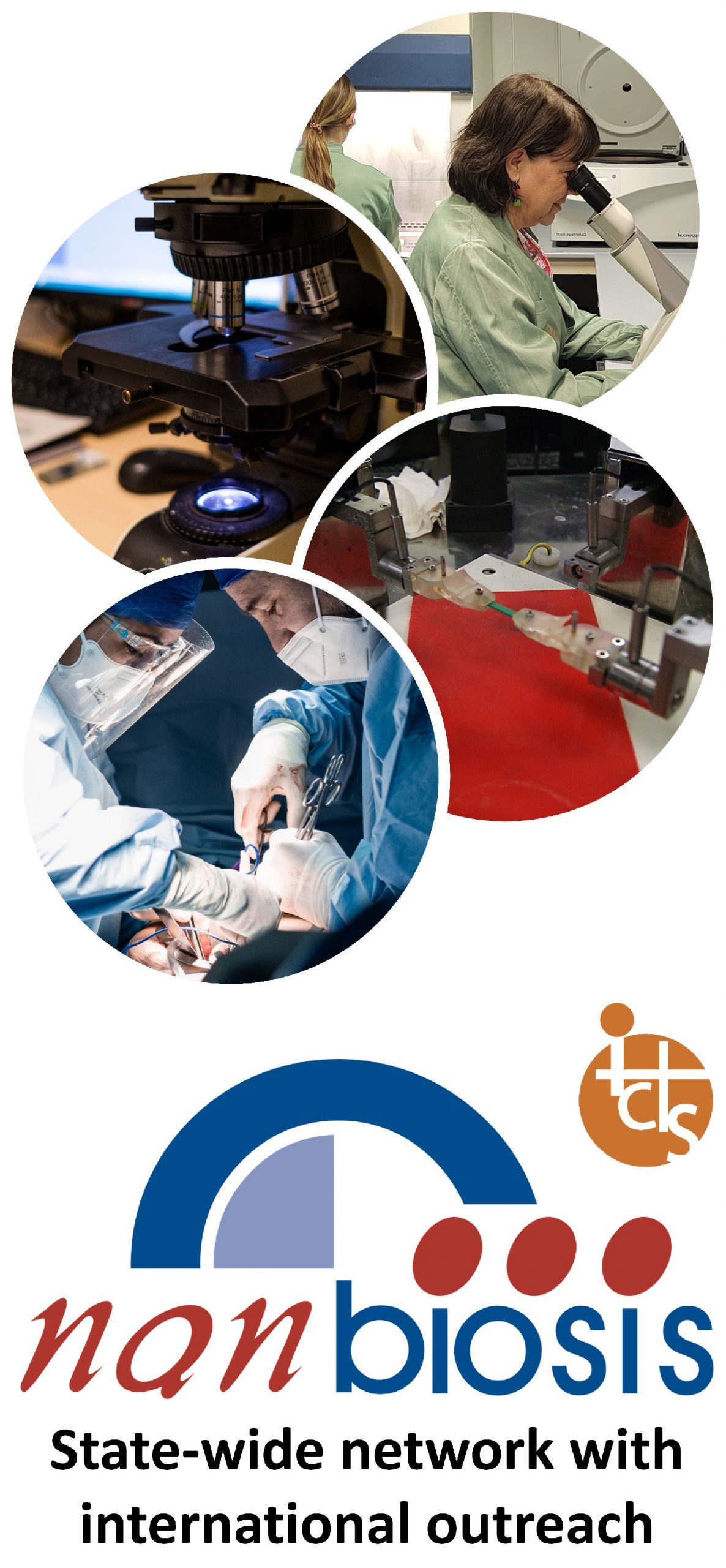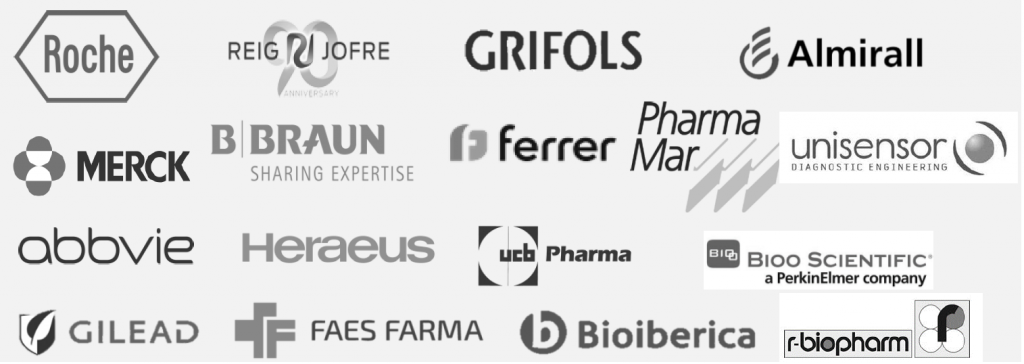
The European Rare Diseases Research Alliance (ERDERA) kicked off last month, with an estimated budget of 380 million euros and the aim of improving the lives of 30 million rare disease patients in Europe and beyond.
Paris, october 2024. The European Rare Diseases Research Alliance (ERDERA), a new initiative under Horizon Europe, has officially launched with an ambitious mission to improve the lives of 30 million people affected by rare diseases across Europe and beyond.
Backed by a budget of €380 million, ERDERA brings together more than 170 organizations from the public and private sectors, led by the National Institute of Health and Medical Research (INSERM) in France. This collaborative effort aims to advance research on prevention, diagnosis, and treatment for rare diseases, creating a robust infrastructure for innovation and patient support.
ERDERA’s focus is to build on the successes of previous projects, such as the European Joint Programme on Rare Diseases (EJP RD) and the SOLVE-RD project. It strives to create a seamless network of resources and expertise, fostering a globally competitive European research area for rare diseases.
NANBIOSIS participation in ERDERA
CIBER-BBN group led by Ramón Martínez, director of NANBIOSIS and Scientific Director of our Unit 26, together with Juan Antonio Bueren’s group (CIBERER), will participate in a work package aimed at accelerating key technologies in the field of advanced therapies. Specifically, these two CIBER areas will develop new gene and gene-editing therapies, both viral and non-viral, for rare diseases affecting hematopoietic, epidermal, inflammatory, and metabolic disorders. They will employ in vitro and in vivo approaches, as well as lipid nanoparticles for the encapsulation and controlled release of mRNA.
Unit 26 specializes in Nuclear Magnetic Resonance (NMR) technology, providing valuable capabilities for acquiring unique metabolic profiles from a variety of biological samples, including biofluids, cell lines, tissues, and animal models such as mice and rats.
This expertise is crucial in uncovering molecular markers that can help researchers better understand rare diseases, ultimately contributing to the development of more precise diagnostic and therapeutic strategies.
NANBIOSIS Unit 26’s NMR capabilities complement ERDERA’s clinical research network, which aims to accelerate diagnostics and increase clinical trial readiness for rare diseases. The alliance’s comprehensive support services, including a Data Services Hub and an Expertise Services Hub, will benefit from the detailed metabolic profiling provided by Unit 26, further strengthening the infrastructure available to researchers.
Daria Julkowska, ERDERA’s scientific coordinator, highlighted the alliance’s vision of integrating cross-disciplinary expertise under a unified mission: “We have a tripartite mission: One; to bring under one roof a broad range of high-value services, resources and cross-disciplinary expertise to support rare disease research; Two, to boost clinical research by enabling every consenting patient living with a rare disease to be findable and enrolled in a suitable clinical study and finally, to spur innovation and EU competitiveness, through investment but also by aligning regional, national and European research strategies, and fostering collaboration among all stakeholders at a global scale.”
ERDERA’s roadmap, presented during its launch event on 28 October 2024, underscores the importance of collaborations with specialized research infrastructures like NANBIOSIS. Together, these efforts aim to bridge gaps in diagnosis and treatment for rare diseases, transforming the landscape of patient care in Europe.
What is NANBIOSIS?
The goal of NANBIOSIS is to provide comprehensive and integrated advanced solutions for companies and research institutions in biomedical applications. All of this is done through a single-entry point, involving the design and production of biomaterials, nanomaterials, and their nanoconjugates. This includes their characterization from physical-chemical, functional, toxicological, and biological perspectives (preclinical validation).
Leading scientists
The main value of NANBIOSIS is our highly qualified and experienced academic scientists, working in public institutions, renowned universities and other research institutes.
Custom solutions
Designed for either scientific collaboration or the private industry, we adapt our services to your needs, filling the gaps and paving the way towards the next breakthrough.

Cutting-Edge facilities
Publicly funded, with the most advanced equipment, offering a wide variety of services from synthesis of nanoparticles and medical devices, including up to preclinical trials.
Standards of quality
Our services have standards of quality required in the pharmaceutical, biotech and medtech sectors, from Good Practices to ISO certifications.
In order to access our Cutting-Edge Biomedical Solutions with priority access, enter our Competitive Call here.
NANBIOSIS has worked with pharmaceutical companies of all sizes in the areas of drug delivery, biomaterials and regenerative medicine. Here are a few of them:









